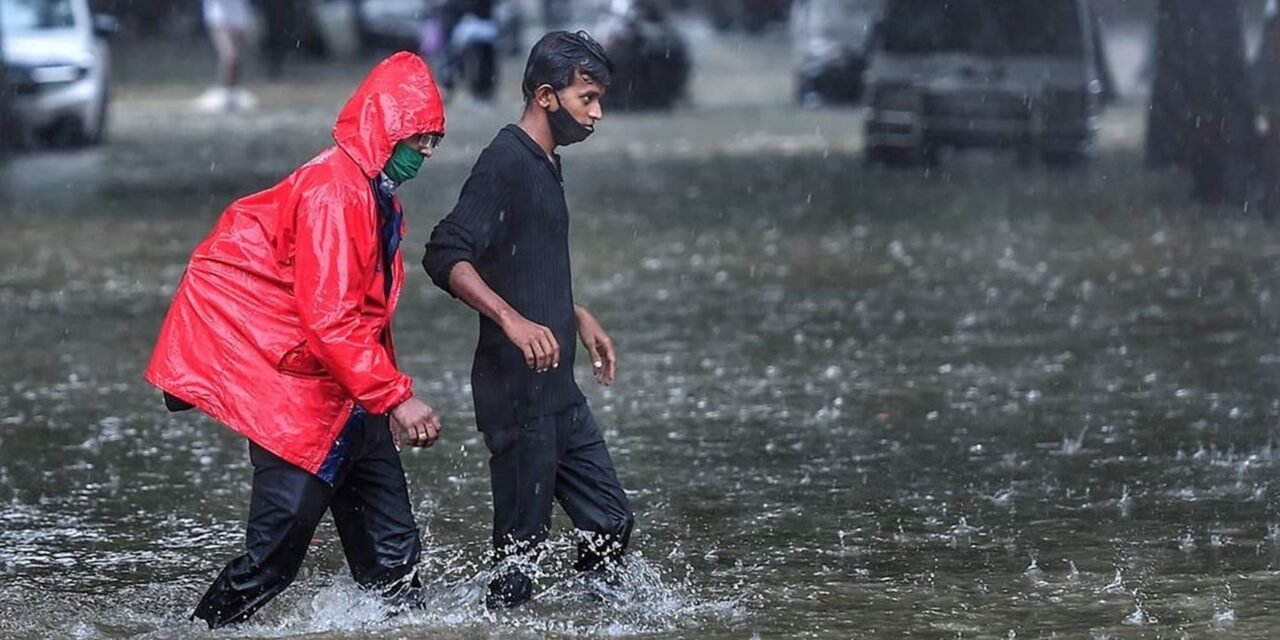As world leaders gear up for the COP28 summit in Dubai this week, a new study published in the Journal of Climate has unveiled alarming insights about the impact of global warming on extreme rainfall. The research, conducted by experts from the Potsdam Institute of Climate Impact Research (PIK), reveals that the severity and frequency of heavy rainfall extremes are escalating exponentially as the planet warms.
The study exposes a critical flaw in the current state-of-the-art climate models. According to the PIK researchers, these models dramatically underestimate the rapid escalation of extreme rainfall events under the influence of global warming. This revelation carries profound implications, signaling a future plagued by more frequent and severe catastrophic floods unless urgent measures are taken to curb greenhouse gas emissions.
The investigation focused on 21 “next-generation” climate models employed by a United Nations body for global assessments. By analyzing the intensity and frequency of daily precipitation extremes over land, the researchers discovered a consistent pattern: the models consistently underestimated the rates at which extreme rainfall increased with rising global temperatures.
Lead author Max Kotz emphasizes the gravity of the findings, stating, “Our study confirms that the intensity and frequency of heavy rainfall extremes are increasing exponentially with every increment of global warming.” This exponential increase aligns with the Clausius-Clapeyron relation in physics, which established that warmer air holds more water vapor. Consequently, the authors assert that temperature, not wind, plays a dominant role in the global surge of extreme rainfall events.
The study’s geographical analysis highlights areas of particular concern. Stronger increases in both the intensity and frequency of rainfall extremes were identified across the tropics and high-latitudes, including Southeast Asia and Northern Canada. Co-author Anders Levermann issues a stark warning, “Extreme rainfall will be heavier and more frequent. Society needs to be prepared for this.”
As countries assemble at the COP28 summit, the study adds urgency to the discussions. There is a growing fear that the current trajectory could make it impossible to limit long-term warming to the crucial 1.5 degrees Celsius target identified by scientists as necessary to mitigate the worst effects of human-induced climate change.
“The good news is that this makes it easier to predict the future of extreme rainfall. The bad news is: It will get worse if we keep pushing up global temperatures by emitting greenhouse gases,” warns Anders Levermann.
The study serves as a powerful reminder that the consequences of climate change are not distant threats but rapidly unfolding realities. Urgent action is imperative to curb greenhouse gas emissions and mitigate the risk of more frequent and severe catastrophic floods. As leaders convene in Dubai, the world watches, hoping for decisive steps towards a sustainable and resilient future.










